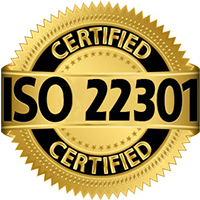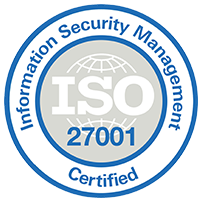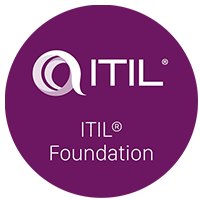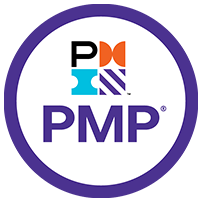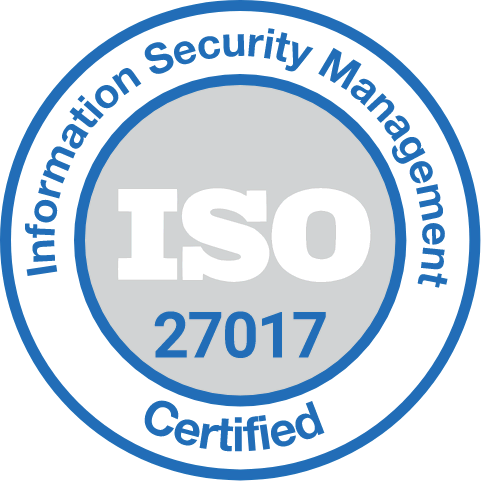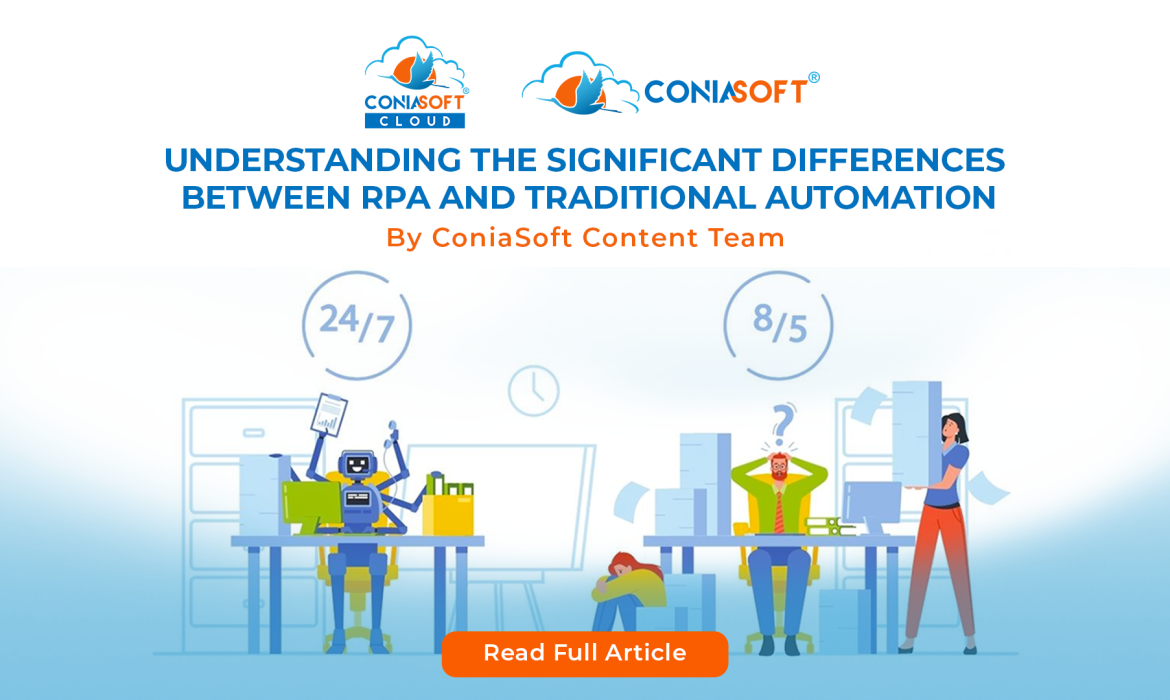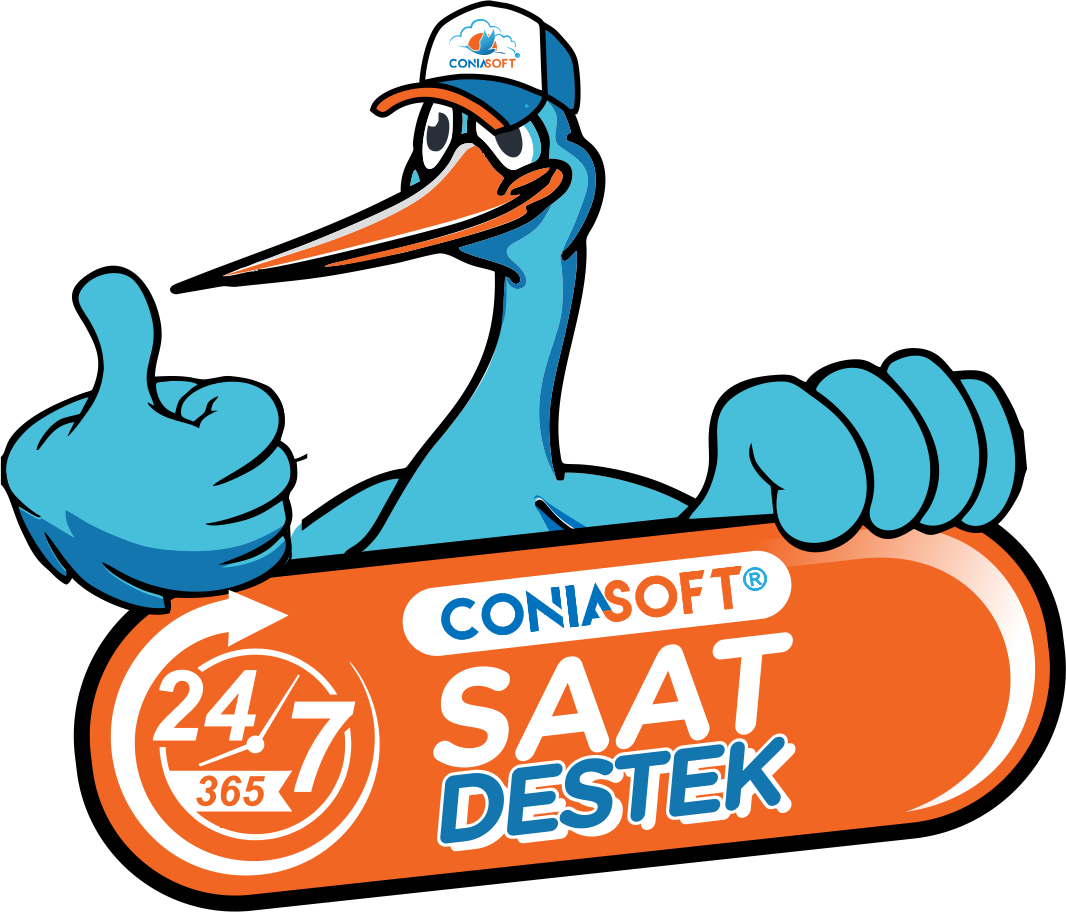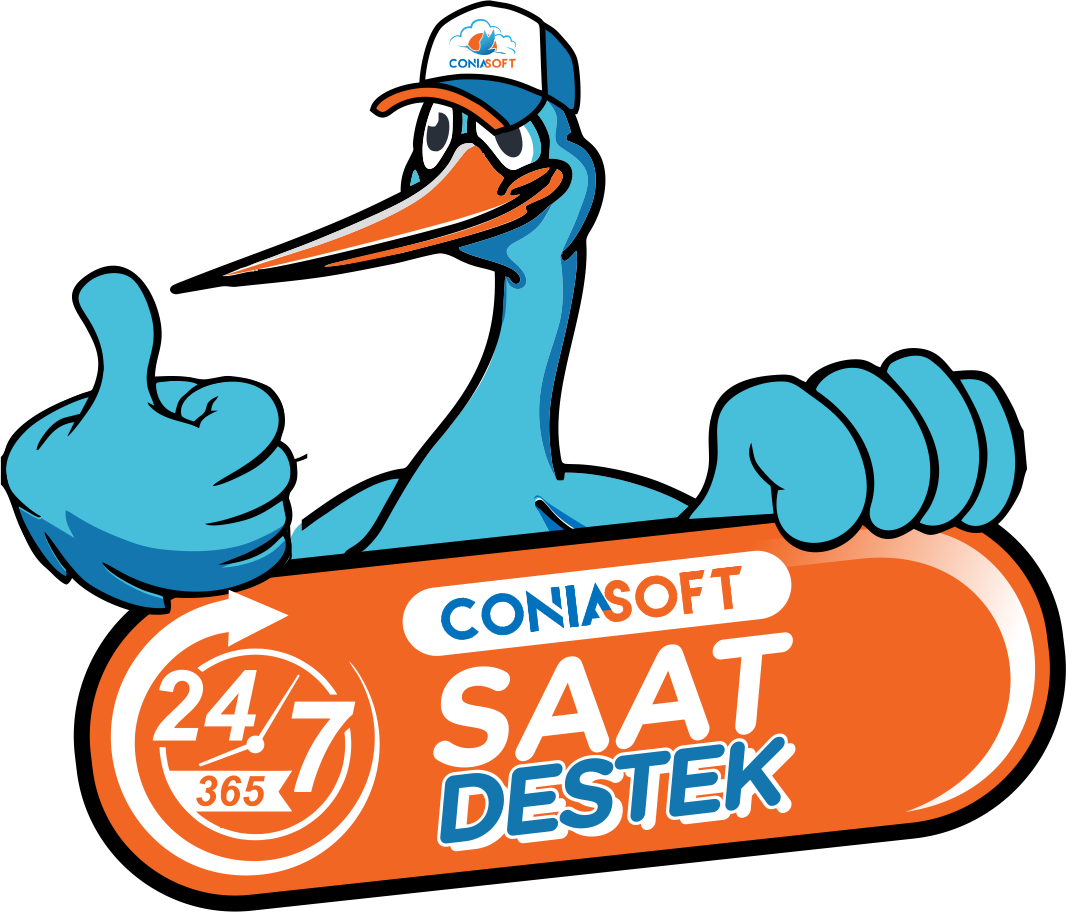According to Polaris Industry Research, the robotic process automation industry will develop at a CAGR of 37.5% between 2023 and 2032. Unlike traditional automation, which does repeated work based on predetermined rules and instructions, its expansion is driven by the convenience and efficiency it provides. Traditional automation differs from robotic process automation in that it allows for more complicated and automated processes.
Robotic process automation, which focuses on complicated algorithmic rules, artificial intelligence, and machine learning, is a more efficient and effective technique of automation. It enables administrative and clerical work to be delegated to intelligent software bots, making it a more efficient and versatile alternative to traditional automation. This article will explain the distinctions between robotic and traditional automation in detail.
In nine essential ways, robotic process automation (RPA) tools differ from classical automation. RPA tools, for example, are more integrable since they can be quickly integrated into current workflows and system environments without requiring large changes. As a result, they are easier to accept and integrate. Second, RPA solutions provide easy scalability because they are integrated with AI-based algorithms that modify the automation scale based on the needs of the business. Traditional automation systems are intended to automate functions over current IT infrastructure, but growing operations can take considerable time and effort. RPA tools, on the other hand, are more efficient and versatile, requiring only minor changes to be implemented. RPA solutions, in general, provide a more efficient and customizable solution for firms seeking to streamline their operations.
Because of its connection with current systems, RPA technologies are easier to implement than classical automation. Traditional automation systems require fabric-level integration and feasibility studies for bug-free automation, whereas RPA solutions receive data from departments for task execution. Human actions relate to a program’s or algorithm’s capacity to perform tasks like a human would. Traditional automation systems require human intervention to define execution protocols, however, modern software bots include intelligent algorithms that learn from human input and mimic human behaviour, allowing them to mimic people via machine learning.
RPA solutions allow firms to create unique software bots to perform specific jobs and synchronise output with the entire process in minutes, allowing for tremendous customisation for varied activities across all business processes. Traditional bots necessitate the use of APIs and programming, which limits flexibility and resource input. RPA tools have greater upfront costs but lower operating expenses, saving organisations significant time and money in human resources. Traditional automation is simple to set up, but it has far greater operational costs, time, and resources. In conclusion, RPA tools outperform traditional automation in terms of customization, cost, and resource input.
RPA solutions allow firms to create unique software bots to perform specific jobs and synchronise output with the entire process in minutes, allowing for tremendous customisation for varied activities across all business processes. Traditional bots necessitate the use of APIs and programming, which limits flexibility and resource input. RPA tools have greater upfront costs but lower operating expenses, saving organisations significant time and money in human resources. Traditional automation is simple to set up, but it has far greater operational costs, time, and resources. In conclusion, RPA tools outperform traditional automation in terms of customization, cost, and resource input.
Because of its complicated code, traditional automation requires more CPU and memory utilisation, potentially mandating additional infrastructure investments. RPA solutions, on the other hand, provide lightweight virtual software bots that execute activities in a virtual world, removing the requirement for physical infrastructure and allowing enterprises to scale up without the need for more machines.
Automation tools have substantially improved corporate processes, making the transfer from traditional systems to modernised RPA technologies a logical decision. ConiaSoft Software Solutions Venture can assist firms in making the change by strategizing for RPA automation and delivering customised automation solutions.
For additional information, please visit us at
🌐 Website: www.Coniasoft.com | www.ConiaCloud.com
📧 Email: info@ConiaSoft.com

